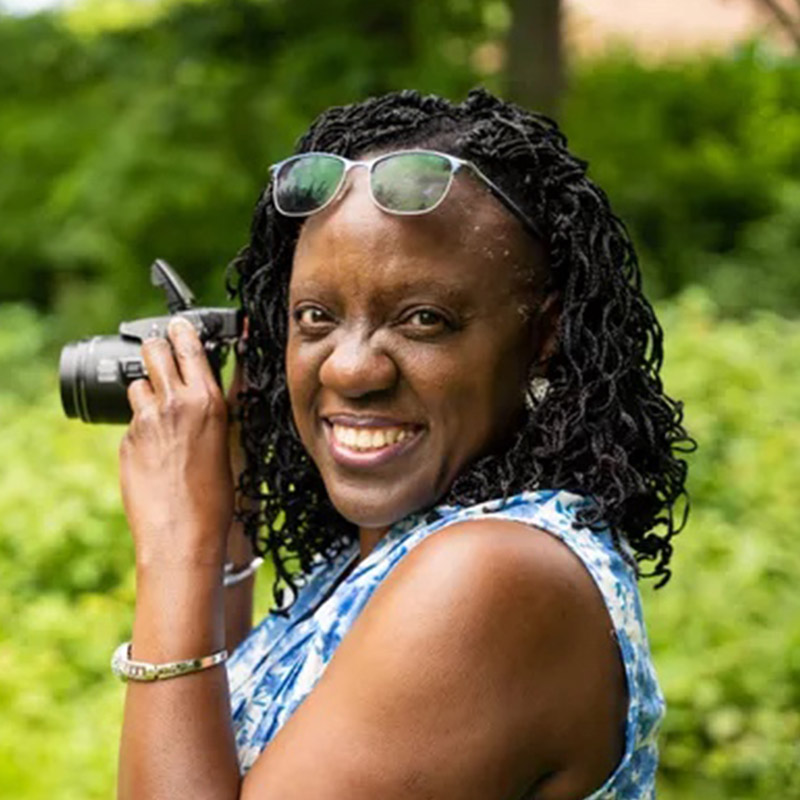
The relationship between people pleasing and poor health
Does putting myself last really spell “joy”?
‘Jesus and others, then you …. what a wonderful way to spell joy!
Jesus and others, then you…. in the life of each girl and each boy!
J is for Jesus, for he has first place
O is for others we meet face to face
Y is for you in whatever you do,
Put yourself third and spell “joy”!’
The words above are from a song many of us sang as children. I am sure whoever penned the song had the best intentions, and though I personally didn’t question this concept as a child, I have been thinking about the lyrics of songs like this one in recent years.
Does putting myself “third” on a regular basis always lead to “joy.” What does that even mean?
The assumption appears to be that if you always put others’ needs first, everything else will fall into place, but is this true in real life?
As a woman, a Christian and a physician, the message I constantly heard while growing up and during my training was to put others’ needs ahead of my own. After years of being a “people pleaser” and putting my own needs on the back burner, I finally realized that this mode of operation is unhealthy, unsustainable and eventually leads to burnout. I finally realized that rather than being selfish, self-care is actually essential. The New Testament directs us to love our neighbors as ourselves, implying that self-love (self-care) is a prerequisite for loving (and caring for) others.
“Put on your own oxygen mask first”
There is a reason flight attendants tell us to put on our own oxygen masks prior to trying to help others in case of an in-flight emergency. If you’re deprived of oxygen, you can’t help anyone else. The same principle applies in everyday life. Someone who is burned out and demoralized is not in a position to give others the best care and it will show. Self-care might mean sleeping an extra hour, saying no to an invitation, or simply taking a walk in the park. In other cases, it may mean leaving a toxic work environment or relationship.
A physician got diagnosed as a severe people pleaser!
In this podcast, Mel Robbins and Dr. Neha Sangwan discuss the issue of people pleasing. Dr. Sangwan, an internist, shares how she became both an engineer and a physician in an effort to please both of her parents, unbeknownst to them. She carried her people- pleasing lifestyle into her medical career, till things finally came to a head. One day Dr. Sangwan asked her nurse a question, and the nurse responded by asking if she was okay, because she had just asked the same question four times in less than five minutes, with the nurse answering each time. Dr. Sangwan had the self awareness to recognize that something was wrong and she immediatley sought professional help from a psychiatric colleague, who diagnosed her as a “severe people pleaser”.
Every time someone needed something, she volunteered. The hospital was understaffed, and she was single-handedly trying to change the healthcare system, a burden too large for any one person to carry. How often do we place undue burdens on ourselves, adding to our stress levels and compromising our own health?
“J.O.Y.” versus “me, we, world”
Rather than consistently putting herself last, Dr. Sangwan now uses what she refers to as the “me, we, world” approach. She tries to get to the root cause of issues by asking how much of the problem is due to her, how much is due to someone else and how much is due to the environment. In the situation described above, the environmental issue was an understaffed hospital. Adopting the “me, we, world” approach can help us to acknowledge our limitations without taking responsibility for problems that aren’t ours to fix.
The Little Voice Physician Survey
Dike Drummond, MD, another physician, teaches organizations and individual physicians how to recognize and avoid burnout. He describes four levels of burnout and how to recognize each one in an essay titled “The Little Voice Physician Survey”, published on November 3, 2023, on KevinMD.com.
While Dr. Drummond’s survey is directed at physicians, the same questions can be adapted to people in other professions, as burnout isn’t unique to physicians. In fact, the concept of self-awareness regarding our own health and illness stories is so important that Dr. Sangwan developed what she calls an awareness prescription for her patients, that we can all benefit from.
The Awareness Prescription
When Dr. Sangwan came to the realization that stress causes or exacerbates more than 80% of all illnesses, she realized it was important to address stress as a root cause of illness.
She asks her patients who are about to be discharged from the hospital the following questions:
- Why this (a heart attack, etc); Why has this part of your body broken down?
- Why now? (Why not three years ago or two weeks from now?) What is the message that you needed to get that you weren’t getting?
- What clues/symptoms/patterns that didn’t make sense now make perfect sense?
- What else in your life needs to be healed?
- If you spoke from the heart, what would you tell me?
Issues such as unresolved conflict, unmet expectations and broken relationships came to the surface and patients were able to make the connections between their mental, emotional and social well-being and their physical health. For many of them, this led to significant improvements in their health.
I still believe….
While I very much believe in sacrificing and putting other’s needs before mine in a very general sense, I now realize the dangers of ignoring my own needs. We all need to be healthy to take care of others and adequate self-care is the starting point.
Take care of yourself and be well!
Check out my devotional book, Living Foolproof- Wisdom for Daily Living on Amazon!














